-
chevron_right
Japanese Anime Companies Shut Down Another 15 Pirate Sites in Brazil
news.movim.eu / TorrentFreak · Monday, 16 December, 2024 - 07:35 · 3 minutes
 Anime and manga producers in Japan are pressing ahead with work that aims to disrupt or render inaccessible pirate sites operated by individuals based overseas.
Anime and manga producers in Japan are pressing ahead with work that aims to disrupt or render inaccessible pirate sites operated by individuals based overseas.
These enforcement efforts are spearheaded by the Content Overseas Distribution Association (CODA), an anti-piracy group which counts major local rightsholders and international groups including the Motion Picture Association (MPA) among its members.
As MPA member Sony attracts attention for its continued expansion into both the manga and anime markets, including its recent interest in the acquisition of publishing giant Kadokawa, synergies between the companies will likely be in focus as the weeks unfold.
Knock-and-Talk
Earlier this month, action by CODA in Brazil deployed anti-piracy enforcement tactics used regularly by the MPA and the ACE coalition.
So-called ‘knock-and-talk’ operations begin with the not inconsiderable task of positively identifying pirate site operators and then confronting them directly, usually at their home addresses. When compared to a mailed cease-and-desist notice, similar documents served in person are designed to have a personal impact, and are often credited with presenting a tangible reality more likely to yield results.
Acting on behalf of members Toei Animation Co., Ltd., Toho Co., Ltd., and Bandai Namco Filmworks Inc., CODA’s knock-and-talk aimed to disrupt 15 pirate sites that offered Japanese content to consumers outside Japan, and deployed various measures to limit exposure to enforcement operations.
“They blocked access from Japanese IP addresses and took measures (geo-blocking) to prevent infringement from being discovered by Japanese rights holders, and released Japanese anime to Brazilian viewers with subtitles in Portuguese, the local language, and earned advertising revenue from each site,” CODA explains.
15 Sites Closed, Including 3rd Most Popular in Brazil
CODA reports that the December 4 ‘knock-and-talk’ operation resulted in the closure of 15 sites, including bakashi.tv, the third most-visited pirate anime site in Brazil. SimilarWeb traffic data indicates that in September, October, and November 2024, bakashi.tv received 6.43 million, 9.3 million, and 8.34 million visits respectively. CODA’s figures relate to the traffic of all 15 sites combined.
“The average monthly number of visits to these 15 sites over the past three months (August to October 2024) is approximately 7.95 million,” the anti-piracy group reports.
Unreported Details
While Bakashi.tv is presumably mentioned by name due to its significance, a site apparently attempting to replace it (same name, different TLD) is claiming that the site’s videos were deleted by the site’s former owner “out of spite.”
With no obvious reference to the sudden appearance of lawyers at the former owner’s home, it’s unclear whether the new site’s users have the full picture. In any event, another supposed replacement using a .to extension is being declared a fake, but what constitutes a fake these days is far from clear.
The names of the other 14 sites have not been released to the public, so it’s not possible to say whether there are 14 individual sites or 14 domains relating to an unspecified number of sites. How many operators were engaged via ‘knock-and-talk’ is also uncertain.
The table below lists all domains officially reported as ‘closed’ by CODA plus any domains we have independently confirmed as redirecting to CODA’s ‘closed’ page in recent months.
The list is likely to be incomplete and since it’s unclear what type of control CODA exercises over these domains, redirections may be subject to change.
| Operation Anime (Brazil) Domain ‘Closures’ 2024 – CODA ‘Knock & Talk’ | |||
|---|---|---|---|
| Recently reported / observed (other) December 2024 | |||
| bakashi.tv | animeshouse.net | onepiece-ex.com.br | onepiece-x.com.br |
| onepiecex.com.br | one-piece-x.com.br | subanimes.biz | animeshouse.top |
| one-piecex.com.br | |||
| Other domain redirects observed since April 2024 | |||
| animefan.cc | animesone.cc | anitube.site | myanimeyes.net |
| animeonline.site | animesonehd.biz | anizero.site | noticiasdehoje.biz |
| animes.vision | animesonehd.cc | doramayabu.com | onepieceex.net |
| animesbr.cc | animesonehd.org | f5399587d.animetvonline.xyz | onepiecex.click |
| animesfree.online | animesonline.cc | flufc.com.br | readmangas.net |
| animesgratisbr.biz | animesonline1.cc | godoramas.net | subanimes.cc |
| animesgratisbr.com | animesonlinegg.com | goyabu.com | tanoshi.digital |
| animesgratisbr.net | animetvonline.cx | goyabu.net | tecatual.com |
| animeshouse.site | animetvonline.xyz | hentaisonline.cc | yabutoons.com |
| animesmania.com | animeyabu.com | hentaiyabu.com | |
| Domain redirects reported April 2024 (official) | |||
| animefire.net | animesonline.club | animesorionvip.com | betteranime.net |
| animes.vision | animesonline.org | animesrubro.net | goyabu.com |
| animesbr.biz | animesonline.vip | animesup.biz | meusanimes.net |
| animesgratisbr.biz | animesonline.cc | animeyabu.com | subanimes.biz |
| animesonehd.xyz | animesonlinegames.com | anitube.site | xpanimes.com |
| Domains reported as ‘Closed’ by CODA plus any unreported domains that at any time have redirected to CODA’s ‘Closed’ page’ [coda-cj.jp/closed.html]. | |||
From: TF , for the latest news on copyright battles, piracy and more.

 In 2018, Canada’s Federal Court approved the country’s
In 2018, Canada’s Federal Court approved the country’s

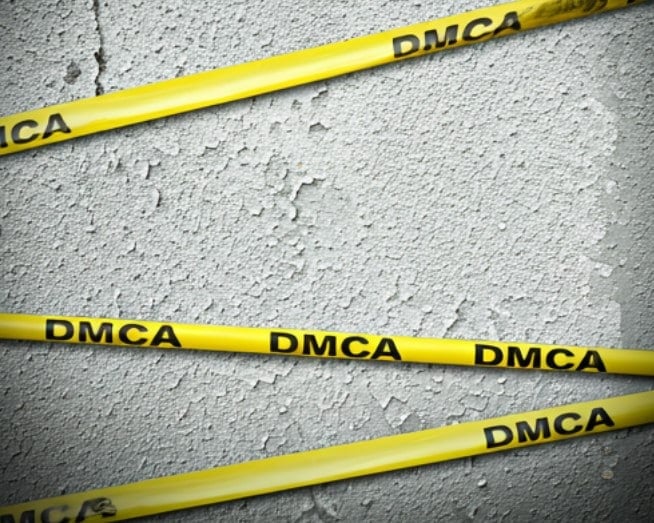 Under U.S. law, rightsholders have an option to identify alleged copyright infringers, without directly having to file a lawsuit.
Under U.S. law, rightsholders have an option to identify alleged copyright infringers, without directly having to file a lawsuit.
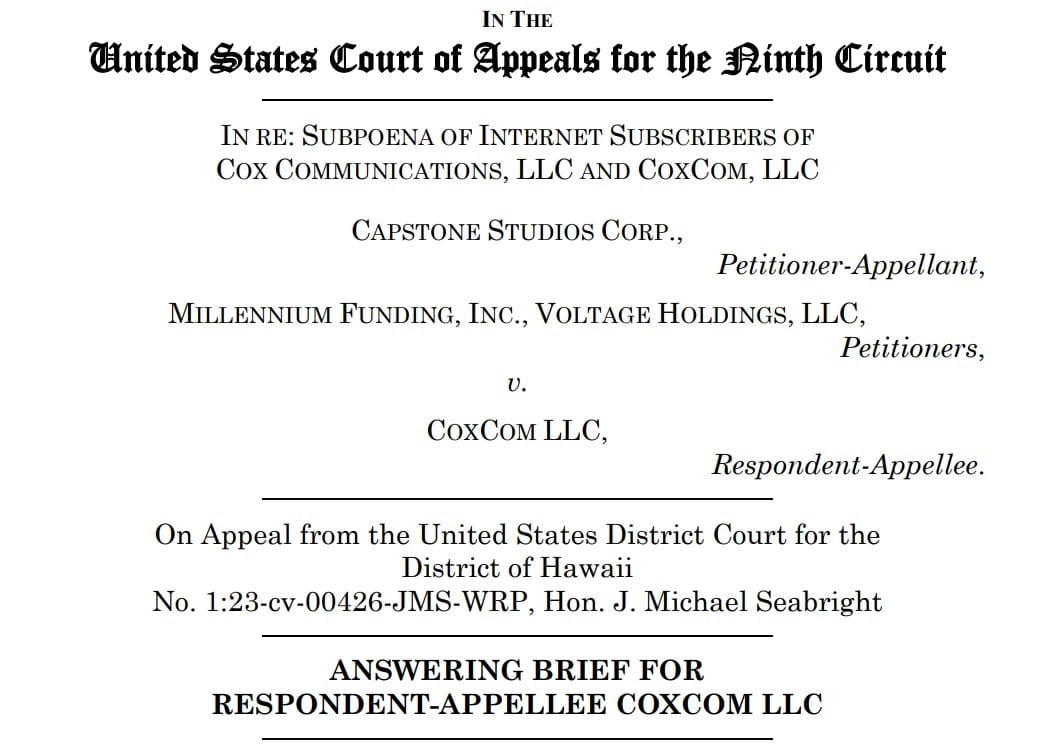
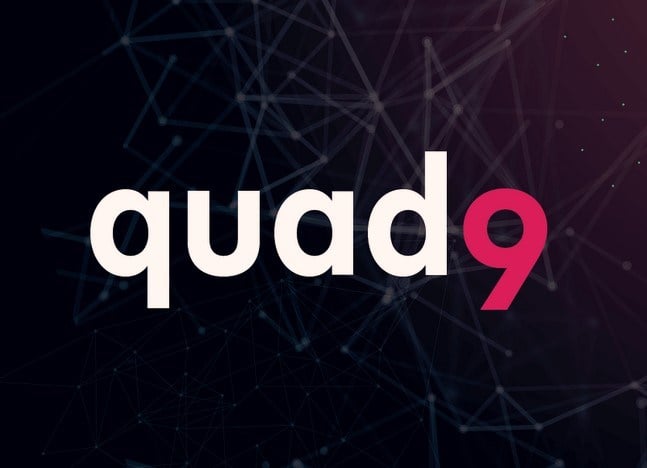 In May, the Paris Judicial Court ordered Google, Cloudflare, and Cisco to block access to several pirate websites by
In May, the Paris Judicial Court ordered Google, Cloudflare, and Cisco to block access to several pirate websites by

 After a series of completely avoidable incidents that have seen countless innocent sites blocked by Italy’s Piracy Shield blocking system, at this point is it appropriate to keep calling them ‘blunders’?
After a series of completely avoidable incidents that have seen countless innocent sites blocked by Italy’s Piracy Shield blocking system, at this point is it appropriate to keep calling them ‘blunders’?
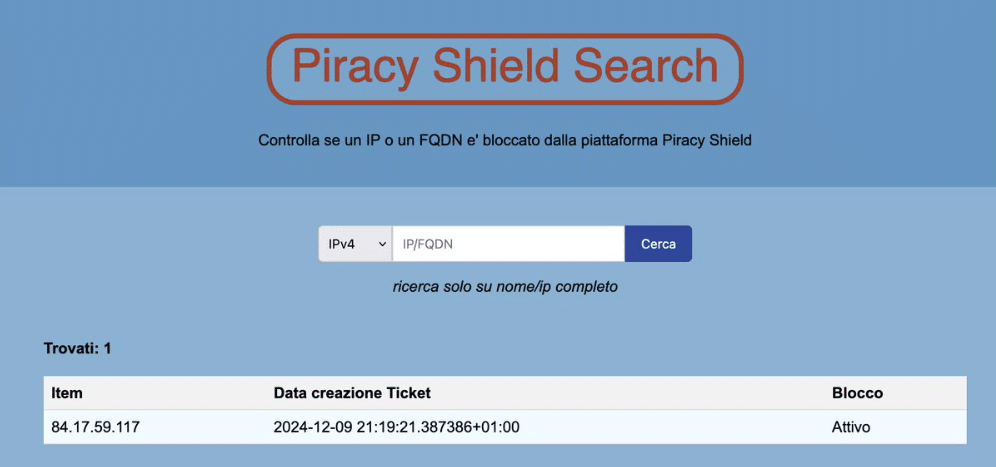


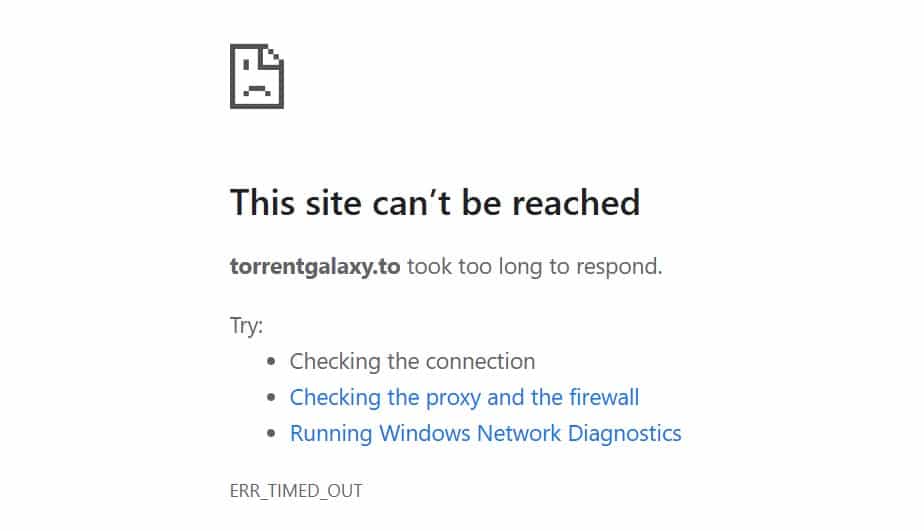

 In October, Musi
In October, Musi

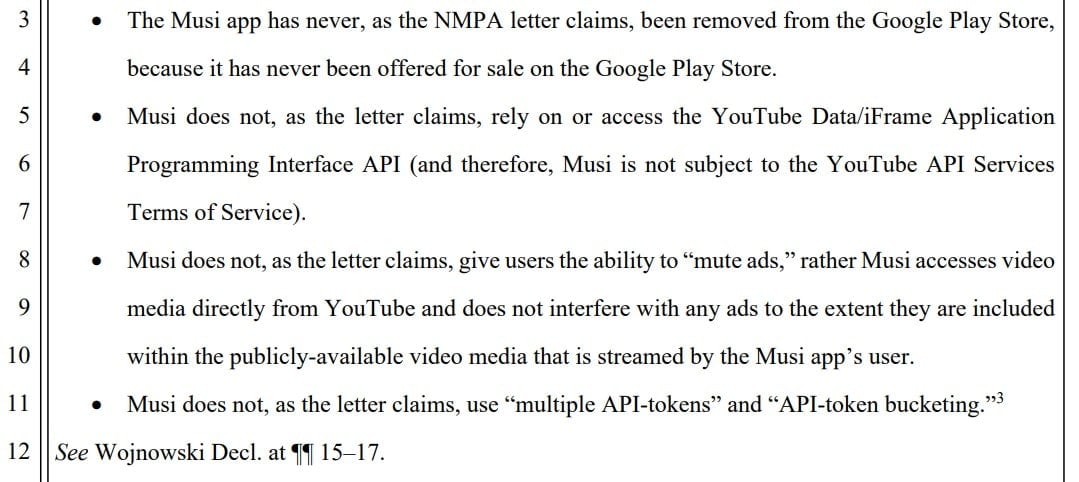

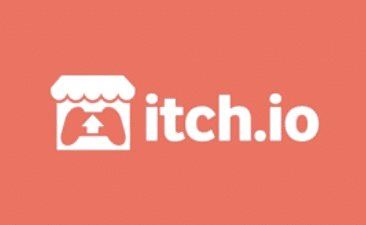 The DMCA takedown procedure may not be perfect but, for those intending to use it, there’s an unambiguous step-by-step process that’s been in place for a quarter of a century.
The DMCA takedown procedure may not be perfect but, for those intending to use it, there’s an unambiguous step-by-step process that’s been in place for a quarter of a century.
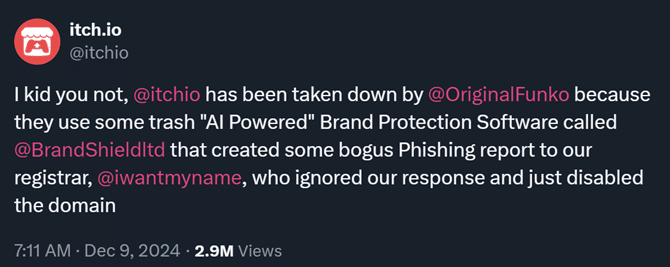
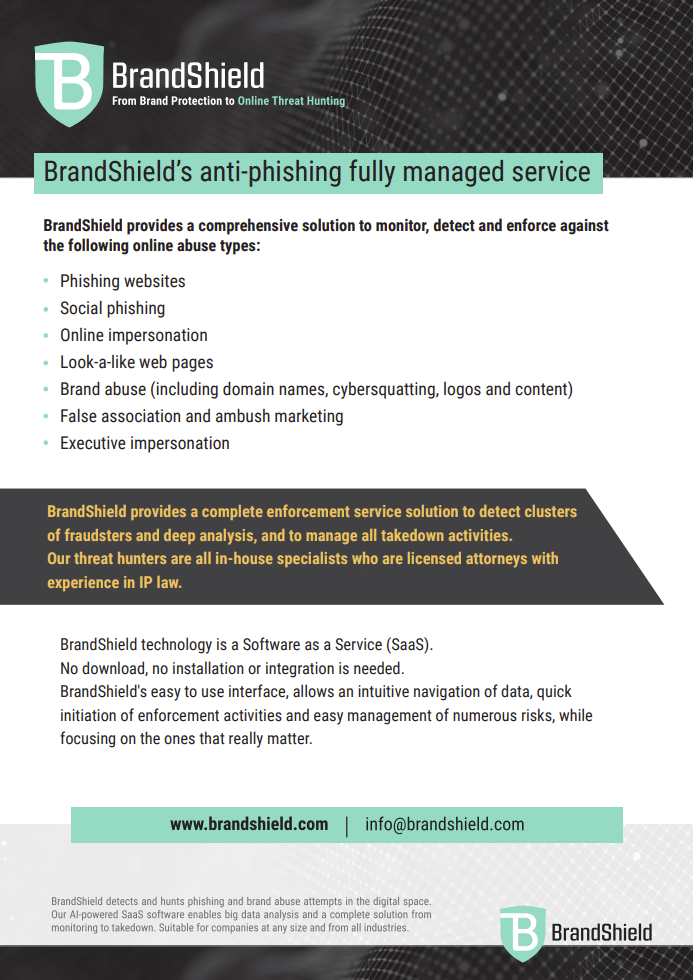 “I honestly think they’re the malicious actor in all of this. Their website, if you care: https://www.brandshield.com/,” Leafo wrote.
“I honestly think they’re the malicious actor in all of this. Their website, if you care: https://www.brandshield.com/,” Leafo wrote.